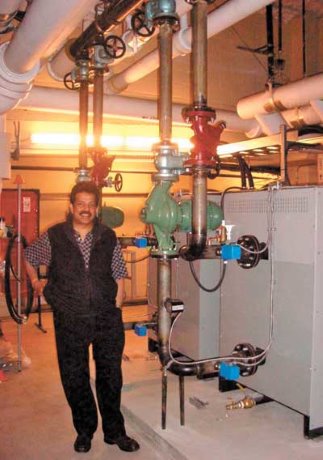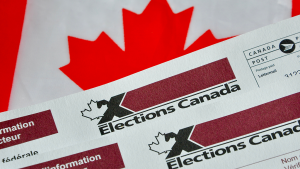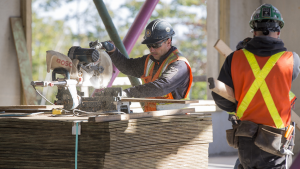A West Vancouver company is pushing ahead with plans to push back greenhouse gas emissions.
Environment
A West Vancouver company is pushing ahead with plans to push back greenhouse gas emissions.
Sempa Power Systems Ltd. has developed a hybrid boiler now in use at most of the large hotels in Whistler that monitors energy use and allows building systems to alternate between hydroelectricity and hydrocarbons for maximum efficiency.
Most Whistler properties depend on propane fuel for heating, but the boilers allow them to tap into excess power from the provincial grid and thereby reduce both energy costs and climate-changing greenhouse gas emissions, said Malcolm Metcalfe, Sempa executive vice-president and chief technology officer. “By displacing fossil fuels with off-peak electricity, you can reduce costs dramatically,” he said.
Off-peak electricity sells for 3.39 cents a kilowatt hour, or the equivalent of $9 a gigajoule, he explained. But propane sells for $18 a gigajoule in Whistler and is approximately 60 per cent efficient, easily boosting the cost of propane to $27 a gigajoule for the same amount of energy garnered from hydroelectric power.
“We’ve been displacing propane consumption with electric heat, and what that does is that saves a lot of money and it also reduces the emissions quite dramatically,” he said.
Some users have been able to cut energy use by 15 per cent, which translates into an average annual cost savings of approximately $85,000.
At the same time, reducing propane use has allowed some Whistler hotels to decrease greenhouse gas emissions by as much as 40 per cent annually compared to what they would have been producing had they relied exclusively on propane for their energy.
“We think this is a great opportunity to capture big-hit emission reductions without really causing a problem,” he said.
“The hotels are very fussy, some of them in particular more than others, and they don’t want us to do anything that will impact the guest experience in a negative way at all.”
The average payback time for one of the systems is 2.8 years.
The Four Seasons Resort Whistler, for example, installed two of the hybrid boilers in June 2006 to serve the 254-room hotel. The system cost $375,000, said Priyan Jayetileke, the hotel’s director of engineering, but savings in the first year of operation were $250,000.
The boilers eliminated the need to truck in propane from Squamish, and allowed the company to tap a lower-cost energy source
Similar results were seen from a single boiler installed to serve the 37 private residences adjacent to the resort.
Together, Jayetileke said, the three boilers have helped reduce annual greenhouse gas emissions by Four Seasons properties in Whistler by more than 1,100 tonnes.
It’s not just hotels that are seeing the benefits of hybrid heating systems. Sempa has also outfitted pools and hot-tubs with the boilers, as well as residential properties.
It is pursuing projects outside Whistler in Vancouver, Alberta and Manitoba, including systems for several Lower Mainland health care projects.
Hospitals are ideal candidates for hybrid heating systems, Metcalfe said, because they use a lot of water, which requires plenty of energy to heat.
They also have a significant night-time heating load, which allows them to tap into cheap night-time electricity to reduce costs.











Recent Comments
comments for this post are closed